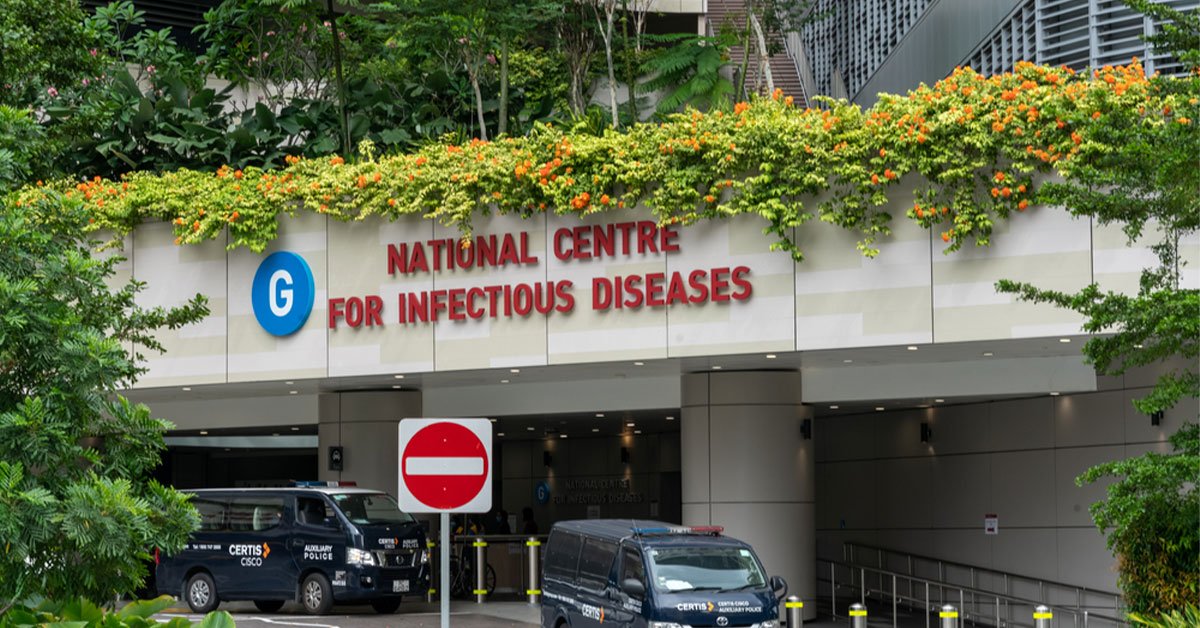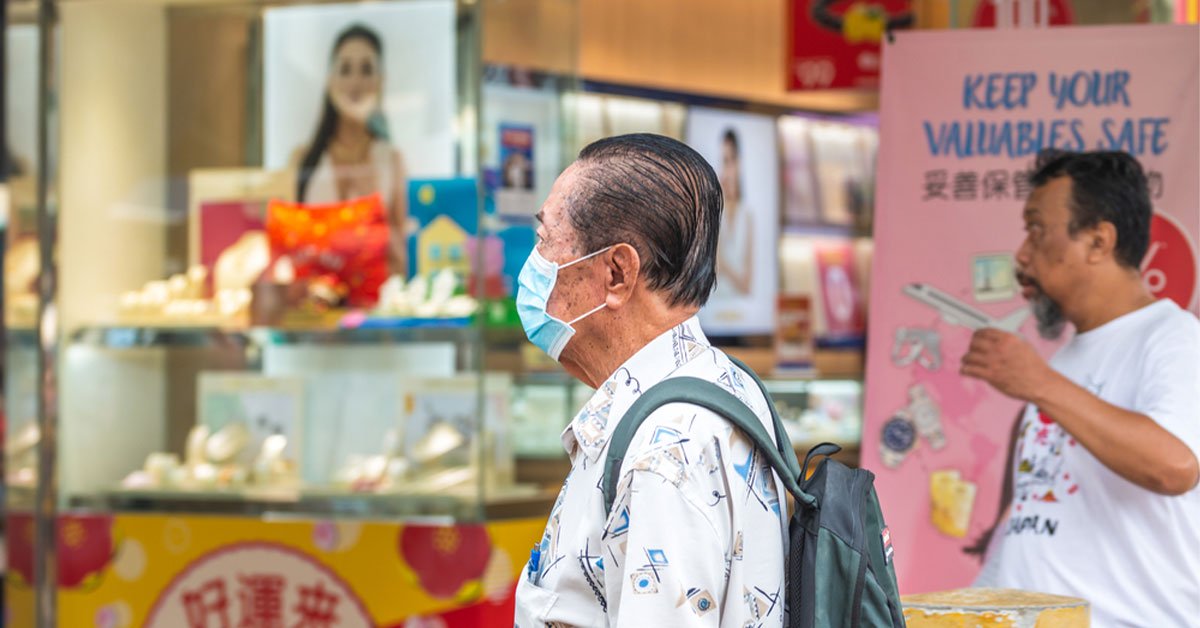When something bad happens, we’re taught to think positively in some way or other. After all, that’s how most of us are able to cope with difficult things in life.
Thus, some of us hold on to the belief that “it could’ve been worse” as a form of comfort.
It seems like that’s the case for the COVID-19 situation in Singapore.
Although the coronavirus outbreak in Singapore is by no means minor, it certainly could’ve been worse.
Like 10 times as bad worse.
For reference, the number of confirmed cases of the coronavirus in Singapore is 345 as of 19 March.
Expert Says 1/2 of S’pore Population Could Be Infected with COVID-19 by July If Not For the Measures We’ve Done So Far
Now we are all aware of the fact that the coronavirus is highly contagious.
Associate Professor Alexander Cook, the vice dean for research at the National University of Singapore’s Saw Swee Hock School of Public Health said that as many as half of Singapore’s population could’ve been infected by July.
Prof Cook used his expertise in biostatistics and modelling to come up with a model that is a simplified version of reality.
In other words, maths – the thingy that can explain everything.
He then deduced that one COVID-19 patient would be able to pass the virus on to two other people.
This meant that each week, the number of people who tested positive for the coronavirus would double every week if measures were not implemented to stop the spread.
If his predictions were true and measures had not been put in place as early as they were, the number of people infected with the disease at this time would be 5,000 and not 345.
By the time the virus spreads, a whopping 2.9 million people could have been infected by July which is around half of Singapore’s population.
Of course, this is if there is no vaccine available.

Now don’t panic yet.
That scenario was only going to happen if Singapore hadn’t been quick to implement strict measures to prevent further spread of the virus.
So thank MOH, please.
Relatively Low Cases Help Contact Tracing Efforts & Stop Further Spread
One thing leads to another and likewise, Singapore has been successful in keeping to a relatively low number of confirmed cases when compared to other countries as of now.
This is because the low number of cases helps to stop the spread of the virus and keeps it in check as lower cases means it’s easier to perform contact tracing.
Prof Cook also advises that Singapore do its best to keep the numbers low as long as they can.
He said, “right now, cases are sufficiently low, so the Government is able to put a lot of effort into contact tracing.”
He also said that with 20 to 30 new cases each day, it’s still possible to stop the spread of the virus through contact tracing.
“You won’t be able to do the same level of contact tracing if you have 1,000 cases a day.”
Like Italy.
Singapore’s Rate of Virus Spread Lower Than Global Average
It is thus unsurprising that Singapore’s transmission rate is lower than the global average.
The current global average is one person spreading the virus to 2 to 2.5 other people. In Singapore though, one patient only spreads it to just one other person.
Advertisements
“It is not much, but it all adds up. If your transmission rate is just above one, you will still get quite a big outbreak.”
Thus, Prof Cook highlights the importance of contract tracing, alongside other measures that have proven useful such as border checks.
Prof Cook also says that “success is dependent on both the government and the people acting socially responsible“, suggesting that Singaporeans also need to stay alert and take precautionary measures.
These include practising good personal hygiene and staying at home if you’re ill.
The Situation in Singapore
There are currently 32 new cases in Singapore yesterday, 24 of which are imported and are returning residents such as Singaporeans, Singapore PRs or long-term pass holders.
Advertisements
All of them have been to ASEAN, Europe and North America.
In total, we have 345 confirmed cases in Singapore.
Out of the 345 cases, 124 of them have fully recovered and are discharged. 15 of them are in ICU.
Sounds bad? Well, it could have been worse.



